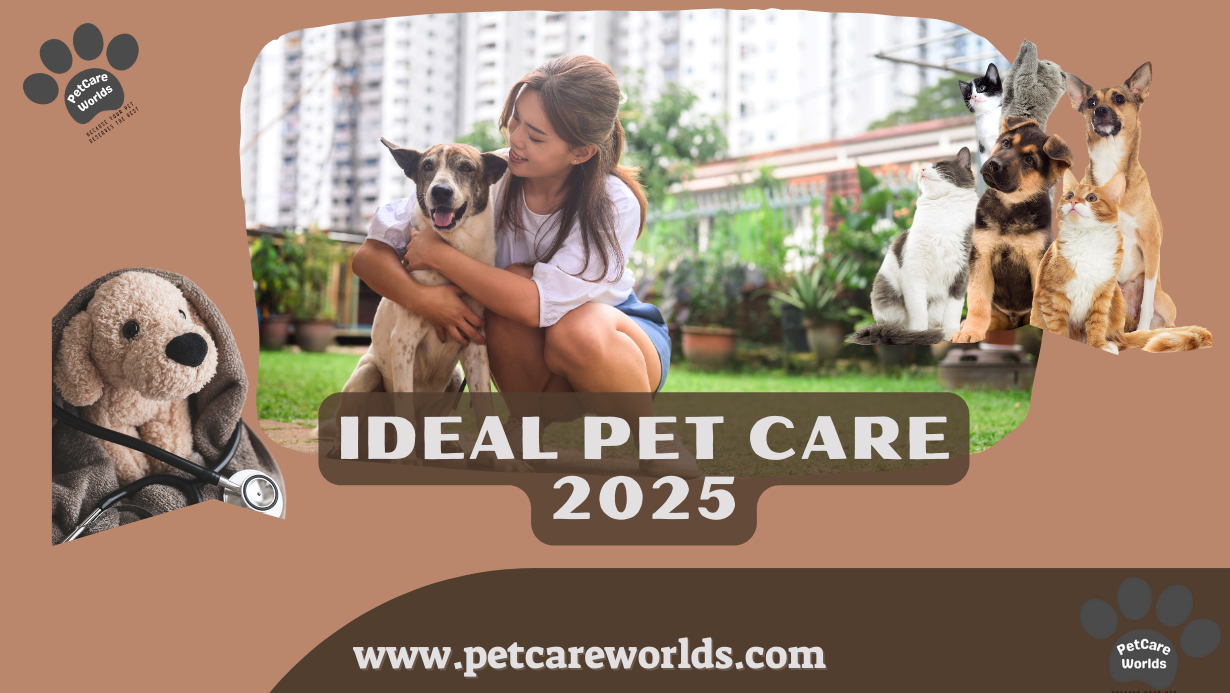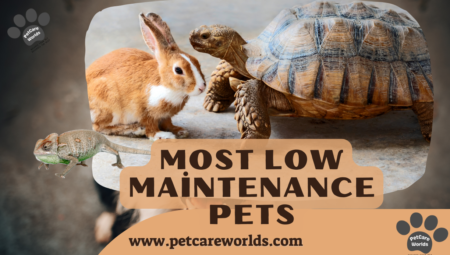Have you ever wondered what it takes to give your furry friend the best life possible? Sure, we love them like family, but are we really doing everything we can to keep their tails wagging and purrs going? Pet care isn’t just about tossing a ball or filling a food bowl—it’s about creating a world where they can thrive. From vet visits to proper training, every small detail counts. Ready to unlock the secrets to your pet’s happiness and health? Let’s dive into the ultimate guide to ideal pet care! Ideal Pet Care
Ideal Pet Care
Caring for a pet goes far beyond food and shelter; it’s about creating a happy, healthy, and fulfilling life for your furry companion. This guide will help you navigate the essentials of responsible pet care and provide practical steps to ensure your pet thrives. Ideal Pet Care
The Importance of Periodic Checkups
Regular vet visits are crucial to detect potential health issues before they escalate. Just like we need routine check-ups to stay healthy, so do our pets.
Why Schedule Regular Checkups?
- Early detection of chronic illnesses like kidney or heart disease.
- Monitoring weight, dental health, and overall condition.
- Building a history for your pet, making future diagnoses easier.
Pro Tip: Make checkups stress-free by bringing their favorite toy or treat to the vet. Ideal Pet Care
Vaccination and Parasite Control
Vaccines and parasite control measures protect pets and their families from harmful diseases. Consistent scheduling is key to preventing avoidable health risks.
Internal and External Parasites
Parasites like fleas, ticks, and worms can cause severe discomfort and diseases. Combat them with regular treatments:
- For internal parasites: Use vet-prescribed deworming tablets.
- For external parasites: Opt for collars, sprays, or topical treatments.
Tailored Vaccination Plans
Each pet’s vaccination needs vary by species, breed, and lifestyle. Collaborate with your vet to design a custom plan.
Essential Vaccines Include:
- Rabies.
- Distemper.
- Bordetella (for dogs).
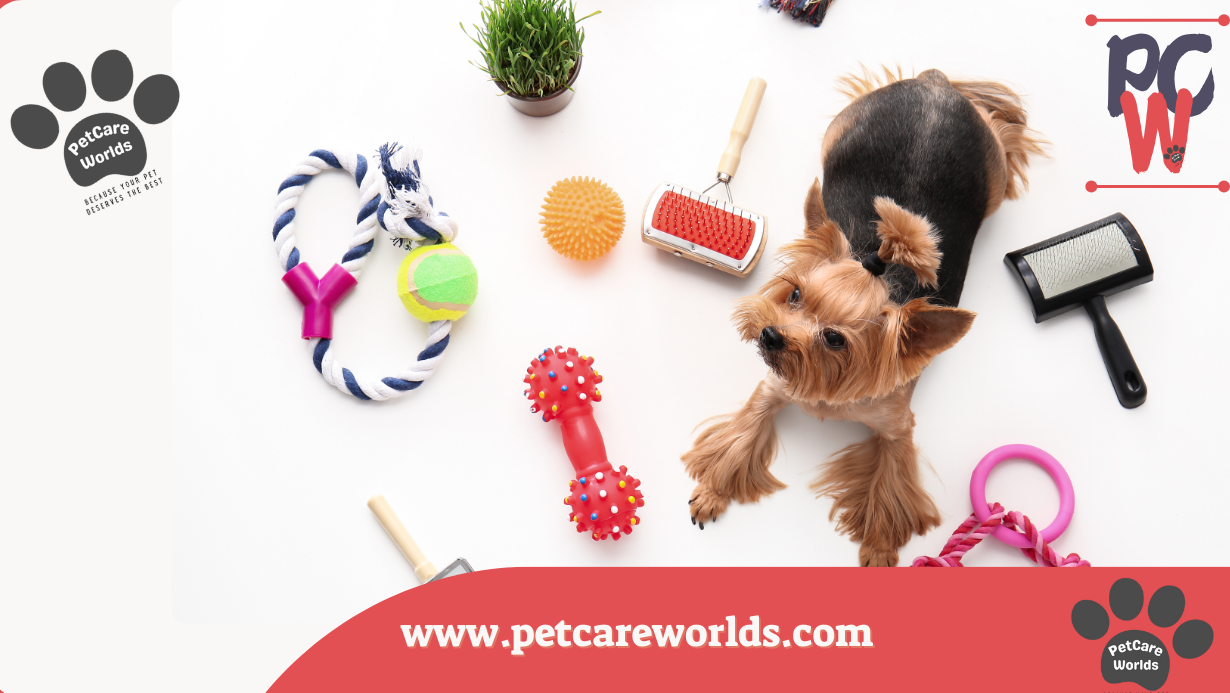
Providing a Suitable Environment
Creating the perfect environment involves catering to your pet’s physical and emotional needs.
Indoor Environment
Indoor pets, such as cats or small breeds of dogs, require mental stimulation. Provide interactive toys, scratching posts, and safe spaces for rest. Ideal Pet Care
Outdoor Needs
For active pets like larger dog breeds, daily walks and outdoor play are essential. A secure yard can provide a safe area for exercise. Ideal Pet Care
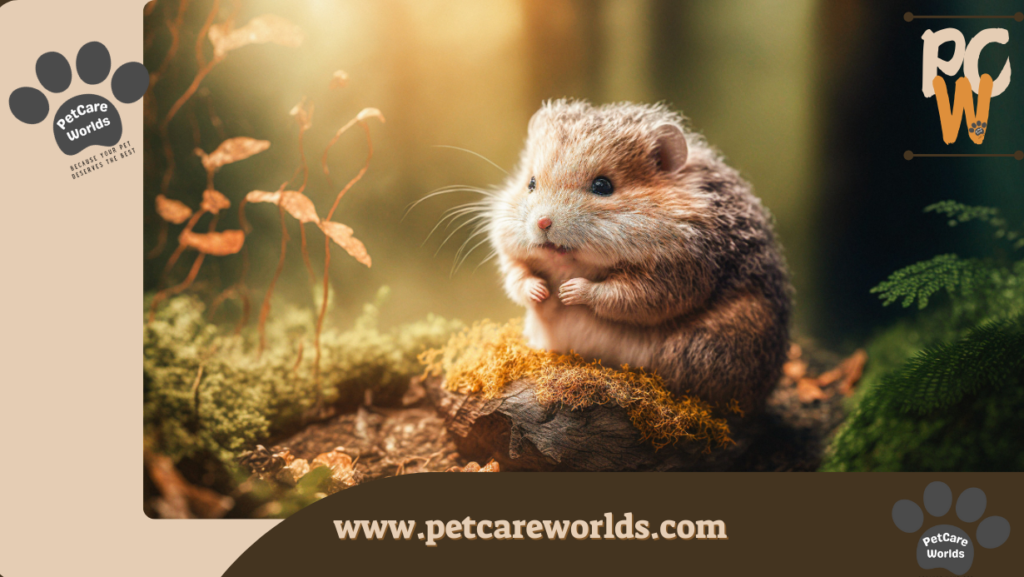
The Role of Spaying and Neutering
Sterilization not only prevents overpopulation but also provides health benefits. Ideal Pet Care
Health Benefits
Spaying reduces the risk of mammary cancer in females, while neutering lowers prostate problems in males. Ideal Pet Care
Behavioral Changes
Neutered pets often display reduced aggression and marking behaviors, making them easier to manage.
Managing Pet Obesity
Overweight pets face serious health risks, including diabetes and joint issues. Ideal Pet Care
Proper Diet
Consult your vet to choose nutrient-rich, age-appropriate food. Avoid overfeeding and limit treats.
Exercise and Activity
Encourage daily activity with toys, games, or walks. Aim for at least 30 minutes of exercise daily for most pets. Ideal Pet Care
Microchipping and Identification
Microchips act as a permanent ID, increasing the chances of reuniting with your pet if they get lost.
Dental Care for Pets
Oral health is as important for pets as it is for humans.
Home Dental Routines
Brush your pet’s teeth with specialized toothbrushes and toothpaste. Use dental chews for added hygiene.
Professional Dental Cleanings
Schedule annual dental exams to catch and treat issues like gum disease.
Training and Socialization
A well-trained pet is a joy to live with. Training should start early and continue throughout their life.
Early Training
Introduce basic commands and crate training during puppyhood or kittenhood.
Maintaining Positive Behavior
Reinforce good habits with treats and praise. Avoid punishments that could create fear.
Remembering Pets Are Unique
Understanding your pet’s unique needs ensures their safety and happiness.
Avoiding Harmful Practices
Never feed your pet harmful foods like chocolate or onions. Keep household toxins out of reach.
Understanding Pet Psychology
Learn to read their body language. Look for signs of stress, such as hiding or excessive barking.
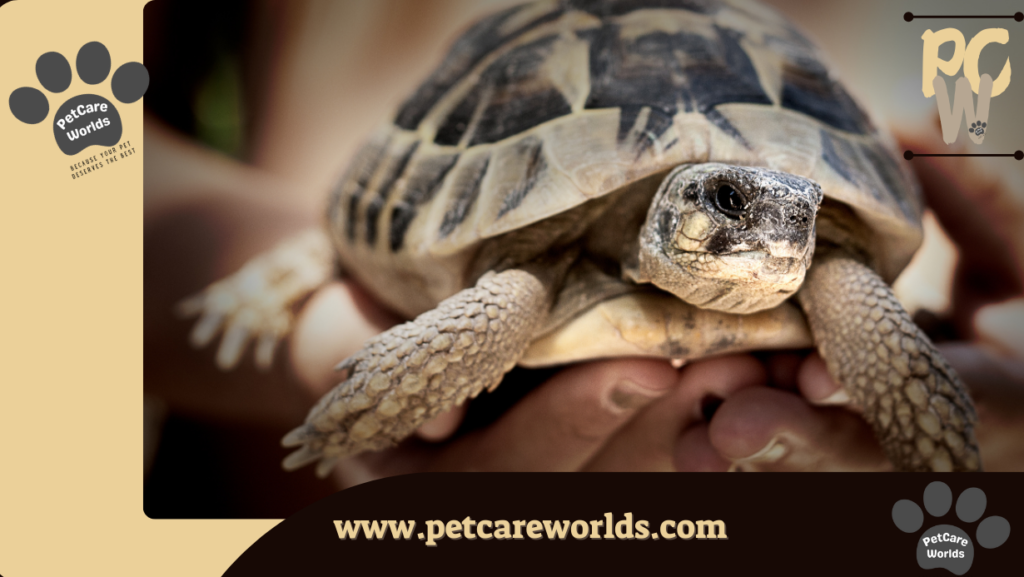
İdeal Pet Care Table
Here’s a well-structured table for Ideal Pet Care that covers key aspects of pet care:
| Aspect | Why It Matters | Key Tips |
|---|---|---|
| Regular Check-Ups | Detects early signs of illness and ensures long-term health. | Schedule annual vet visits, and monitor your pet’s weight and activity levels. |
| Vaccinations | Protects pets from contagious diseases and promotes public health. | Follow your vet’s vaccination schedule and don’t skip booster shots. |
| Parasite Control | Prevents internal and external parasites that harm health. | Use vet-approved treatments like deworming tablets, sprays, or collars. |
| Proper Nutrition | Ensures pets get the right nutrients for energy and growth. | Choose age-appropriate food and avoid overfeeding to prevent obesity. |
| Exercise and Play | Maintains physical health and reduces behavioral problems. | Daily walks for dogs; interactive toys for cats to channel energy. |
| Dental Care | Prevents gum disease, bad breath, and other oral issues. | Brush their teeth regularly or use dental treats recommended by vets. |
| Microchipping | Increases chances of finding a lost pet by linking them to you. | Implant a microchip with updated contact information. |
| Spaying/Neutering | Reduces risks of certain cancers and controls overpopulation. | Consult your vet for the best time to spay or neuter your pet. |
| Hygiene and Grooming | Keeps skin, fur, and overall appearance healthy and clean. | Regularly bathe, brush, and trim nails based on the pet’s breed and needs. |
| Safe Environment | Protects pets from hazards and ensures comfort. | Provide proper bedding, eliminate toxic plants, and secure outdoor areas. |
| Behavioral Training | Promotes good behavior and strengthens the pet-owner bond. | Use positive reinforcement techniques or hire a professional trainer if needed. |
| Socialization | Reduces fear and aggression by exposing pets to new environments. | Introduce them to other pets, people, and experiences gradually and positively. |
| Monitoring Weight | Prevents obesity-related health issues like diabetes and joint problems. | Weigh your pet monthly and adjust diet and exercise accordingly. |
| Emergency Preparedness | Ensures you’re ready to handle unexpected health or safety issues. | Keep a pet first-aid kit and emergency vet contact information handy. |
| Understanding Pets | Recognizes their unique needs and avoids anthropomorphism. | Research your pet’s species-specific requirements and behavior. |
This table provides a comprehensive overview, making it easy to identify and address essential aspects of pet care.
İdeal Pet Care Frequently Asked Questions
1. Why are regular vet check-ups important for my pet?
Regular check-ups help detect early signs of illnesses, manage weight, and address any health concerns before they become severe.
2. How often should I vaccinate my pet?
Pets should follow a vaccination schedule set by a vet, typically including annual boosters to maintain immunity.
3. What’s the best way to handle parasites in pets?
Use vet-recommended treatments such as deworming tablets, flea collars, sprays, or spot-on solutions regularly.
4. Can I feed my pet human food?
While some human foods are safe, many can be harmful. Always consult your vet before sharing meals with your pet.
5. How can I prevent my pet from becoming overweight?
Maintain a balanced diet, provide regular exercise, and avoid overfeeding or giving excessive treats.
6. Is microchipping painful for pets?
Microchipping is a quick and minimally invasive procedure, similar to a vaccination shot.
7. When should I spay or neuter my pet?
The ideal time varies by species and breed; consult your vet to determine the best timing for your pet.
8. How often should I groom my pet?
Grooming needs depend on the breed, but most pets benefit from weekly brushing and monthly baths.
9. What’s the best way to train my pet?
Positive reinforcement methods, such as rewarding good behavior, are the most effective and humane approach.
10. How can I keep my pet safe outdoors?
Ensure your pet is on a leash, avoid toxic plants, and supervise their outdoor activities for safety.
11. Are dental treats enough for pet oral care?
Dental treats help, but regular brushing is essential for optimal oral hygiene.
12. How do I prepare for pet emergencies?
Keep a pet first-aid kit, know the location of the nearest emergency vet, and have a plan in place.
13. What toys are best for my pet?
Choose toys that match your pet’s size, breed, and activity level. Interactive toys are great for mental stimulation.
14. Can pets feel emotions like humans?
Pets have emotional responses, but their feelings differ from humans. Understanding their behavior is key to their care.
15. How do I create a safe home environment for my pet?
Remove toxic plants, secure wires, provide safe spaces, and ensure their bedding is clean and comfortable.
Conclusion
İdeal Pet Care: By following these tips, you can give your pet the ideal care they deserve, ensuring a healthy, happy, and long-lasting companionship.


